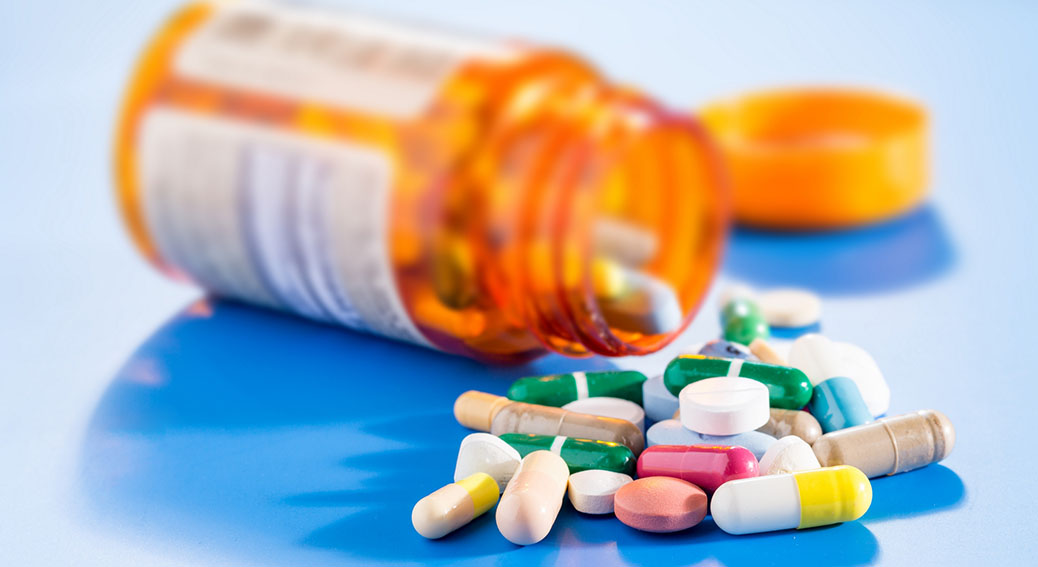- Provider letter from the DEA: Click Here
- Which groups are accredited to provide training?
- The American Society of Addiction Medicine (ASAM)
- The American Academy of Addiction Psychiatry (AAAP)
- American Medical Association (AMA)
- The American Osteopathic Association (AOA)
- The American Dental Association (ADA)
- The American Association of Oral and Maxillofacial Surgeons (AAOMS)
- The American Psychiatric Association (APA)
- The American Association of Nurse Practitioners (AANP)
- The American Academy of Physician Associates (AAPA)
- The American Nurses Credentialing Center (ANCC)
- Any other organization accredited by the Accreditation Council for Continuing Medical
- Education (AACCME) or the Commission for Continuing Education Provider Recognition
- (CCEPR), whether directly or through an organization accredited by a State medical society that is recognized by the ACCME or CCEPR
- Any other organization approved or accredited by the Assistant Secretary for Mental Health and Substance Use, the ACCME, or the CCEP
- Training Course Option:
- Let's Be Clear: National Resources
- SD Prescription Drug Monitoring Program (SD PDMP)
- Bridge to Treatment
- Evidenced Based Resources: Use of Buprenorphine for Chronic Pain
- Clinical Practice Guidelines: Use of Buprenorphine for Opioid Use Disorder (OUD)
- This document provides practical clinical practice-based guidance, based on available research combined with emerging clinical experience, on the use of buprenorphine in the treatment of individuals using fentanyl and other highly potent synthetic opioids.
- Sample Treatment Agreement
- MD CALC EMBED TOOL
- Online Algorithm Tool for Initiating Buprenorphine
- ALTOs (Alternatives To Opioids)
- Algorithm for pain treatment options other than opioids
- Podcast:
- Providers Clinical Support System (MOUD): Medications for Opioid Use Disorder
- Providers Clinical Support System (MAUD): Medications for Alcohol Use Disorder
- SAMHSA: Practical Tools for Prescribing and Promoting Buprenorphine in Primary Care Settings
- New Study on Stigmatizing Imagery for Substance Use Disorder Released
- Compassionate Language Poster
- Click here to watch the recording of Stigma: A Personal Testimony from Megan Cantone.
- ODMAP features cross jurisdiction suspected event information, overdose alerts, internal heat maps, filters, charts, and multiple agencies providing data for areas that capture more information for suspected overdose events.
- Contact Matt Tribble, MPH, Public Health Analyst with the Overdose Response Strategy.
- Contact information: 404-398-5957 | matthew.tribble@state.sd.us
- Request ODMAP Access
- South Dakota Resources for Substance Use Disorders
- This document provides a compilation of resources to support the patient and family affected by substance use disorder. This resource listing can be used by staff for referral of patients/families or by patients/families themselves.
- Clinician Substance Use Resources
- This document provides information on a national clinician consultant center, mentoring programs for providers, and resources for providers on Opioid Use Disorders.
- Order FREE Opioid-Related Print Materials here
- Care and Management of the Patient with Chronic Pain and Opioid Dependence with Dr. Uthe | Recording
- The role of Buprenorphine in the Clinical Setting with Dr. Uthe - MOUD and Chronic Pain - Part 1 | Recording
- The Role of Buprenorphine in the Clinical Setting with Dr. Uthe - MOUD and Chronic Pain - Part 2 | Recording
- The Role of Buprenorphine in the Clinical Setting with Dr. Uthe - Latest research on buprenorphine use | Recording
- Stigma: A Personal Testimony from Megan Cantone | Recording
- Medication Assisted Treatment (MAT) Q & A with Dr. Tinguely (Feb 1) | Recording
- Medication Assisted Treatment (MAT) Q & A with Dr. Tinguely (Feb 6) | Recording
- SDAHO Soundbites Podcast: Lack of Euphoria with use of Buprenorphine | Click here
- SDAHO Soundbites Podcast: Access to MAT Medications | Click here
- SDAHO Soundbites Podcast: Dosing and Weaning off Opioids Safely | Click here
- SDAHO Soundbites: Opportunities for Improvement in Treatment | Click here
- SDAHO Soundbites Podcast: Payment Options | Click here
- CDC Training Modules & Resources on Overdose Prevention | Click here




